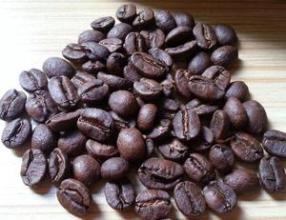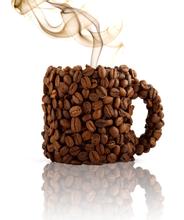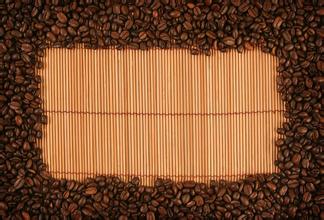Indonesian Coffee introduces the country's brief History
A brief History of Coffee
In 1696, the then Governor of the Netherlands in Malabar, India, gave a batch of coffee seedlings to the Governor of the Netherlands in batavia in Batavia (present-day Jarkata in Jakarta). This was the first time that coffee was grown in Indonesia. However, the first batch of coffee seedlings were washed away by the flood. In 1699, Batavia accepted the gift again. This time, the coffee seedlings survived successfully and ushered in the first harvest in 1701, which began the coffee trip to Indonesia.
At first, coffee was grown in and around Jakarta, and then gradually expanded to central and eastern Java, as well as Sulawesi, Sumatra and Bali. At the same time, in eastern Indonesia, coffee was also grown in Flores on the island of Flores and Timor on the island of Timor in the Portuguese territory at that time, but the source of the coffee seedlings was different.
Indonesian coffee began to supply the European market in 1711, when Indonesia was the first country outside Africa and Arabia to grow coffee on a large scale. It became the world's largest exporter of coffee in the 1880s. The fame of Java coffee began here.
The prosperity of coffee in Indonesia was not sustainable, coffee production was fatally hit at the end of the 18th century, and leaf rust, originally found in West Java, spread rapidly, destroying the Arabica coffee estate in Indonesia. The leading position of the coffee trade was replaced by the American producing countries. However, it is worth mentioning that the leaf rust disaster did not affect the eastern Indonesian producing areas, namely Flores Island and Timor, where the genes of some coffee trees in Timor today can be traced back to the 16th and 17th centuries.
According to ICO, Indonesia ranked third in coffee production in the world in 2013, although 80% of it was Robusta.
Country profile
Indonesia, the "country of the Thousand Islands", has the largest number of islands in the world.
When it comes to Indonesia, the most familiar one is probably the resort island of Bali

Important Notice :
前街咖啡 FrontStreet Coffee has moved to new addredd:
FrontStreet Coffee Address: 315,Donghua East Road,GuangZhou
Tel:020 38364473
- Prev

Quality of coffee brewing method in Tanzania
The coffee beans are of extraordinary quality and are produced in the Mohi district near Mount Kilimanjaro. The mountain area with a height of 3,000 to 6,000 feet is the most suitable area for growing coffee. Fertile volcanic ash gives the coffee here a strong texture and soft acidity. It exudes delicate aromas and contains aromas of wine and fruit, giving people an aftertaste.
- Next

Types of coffee beans introduce the planting methods of coffee trees
At present, coffee beans are grown in about 66 countries in the world, among which they can be classified as Arabica, Robusta and Liberica. Arabica is the largest major variety of coffee beans, accounting for about 80% of its aroma and quality. Robusta is mostly used to make instant coffee because of its poor quality. Liberica is seldom mentioned because of its poor quality and low yield. Coffee
Related
- Does Rose Summer choose Blue, Green or Red? Detailed explanation of Rose Summer Coffee plots and Classification in Panamanian Jade Manor
- What is the difference between the origin, producing area, processing plant, cooperative and manor of coffee beans?
- How fine does the espresso powder fit? how to grind the espresso?
- Sca coffee roasting degree color card coffee roasting degree 8 roasting color values what do you mean?
- The practice of lattes: how to make lattes at home
- Introduction to Indonesian Fine Coffee beans-- Java Coffee producing area of Indonesian Arabica Coffee
- How much will the flavor of light and medium roasted rose summer be expressed? What baking level is rose summer suitable for?
- Introduction to the characteristics of washing, sun-drying or wet-planing coffee commonly used in Mantenin, Indonesia
- Price characteristics of Arabica Coffee Bean Starbucks introduction to Manning Coffee Bean Taste producing area Variety Manor
- What is the authentic Yega flavor? What are the flavor characteristics of the really excellent Yejasuffi coffee beans?

